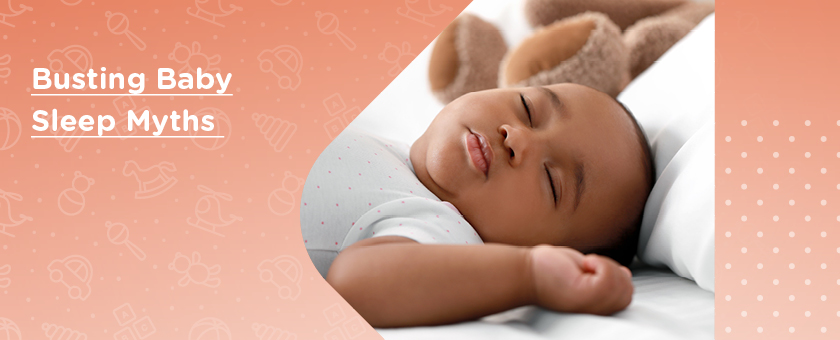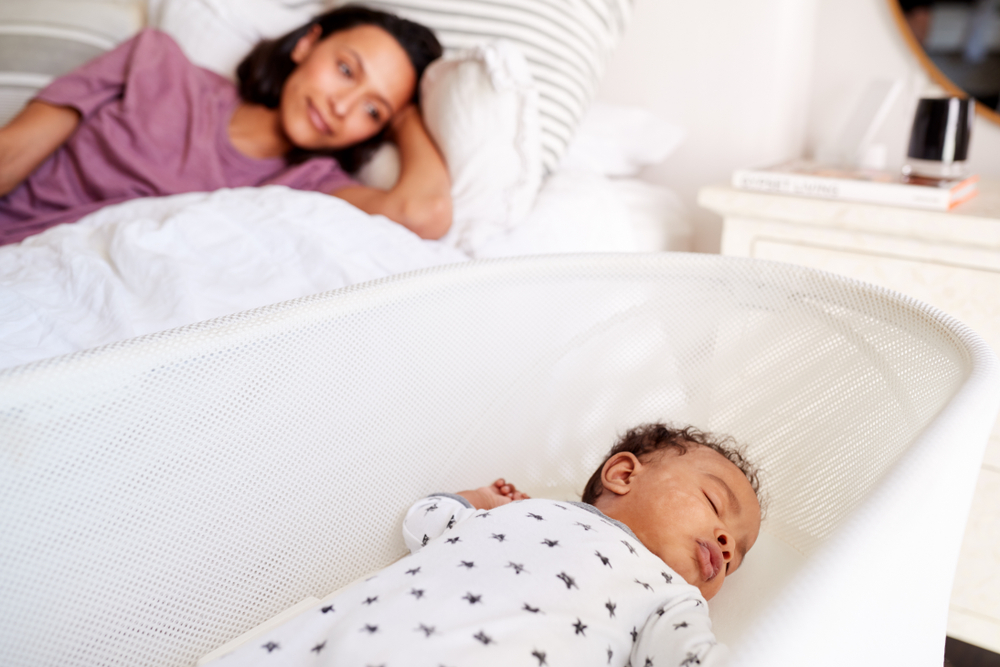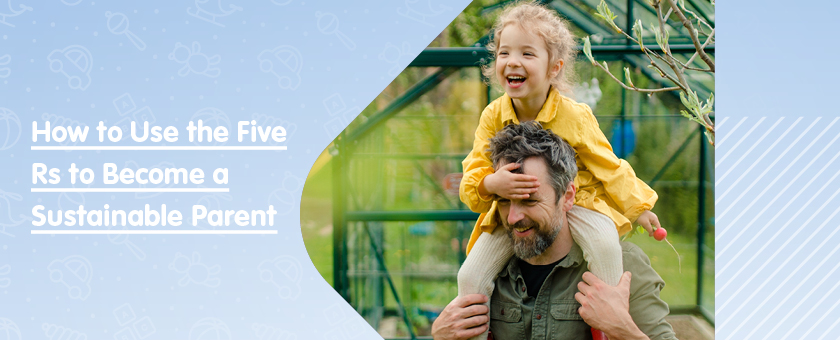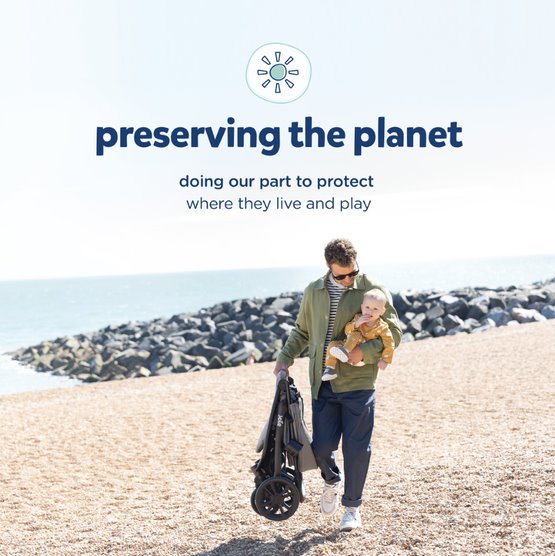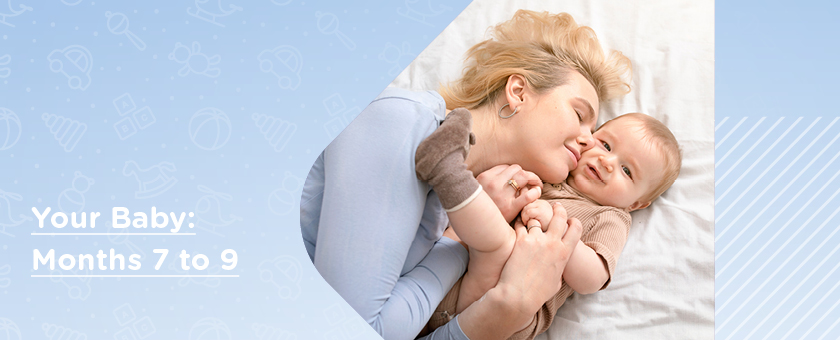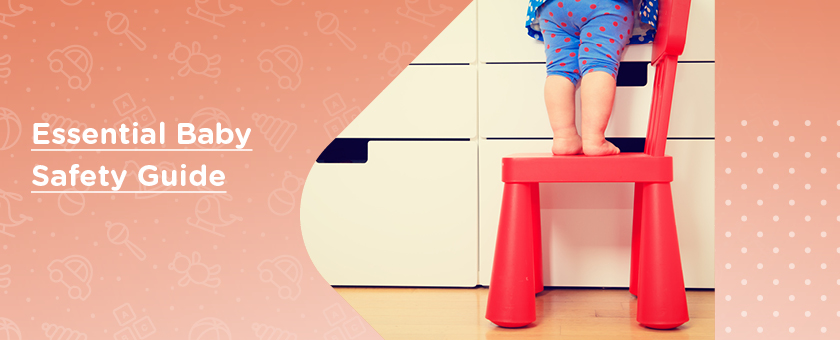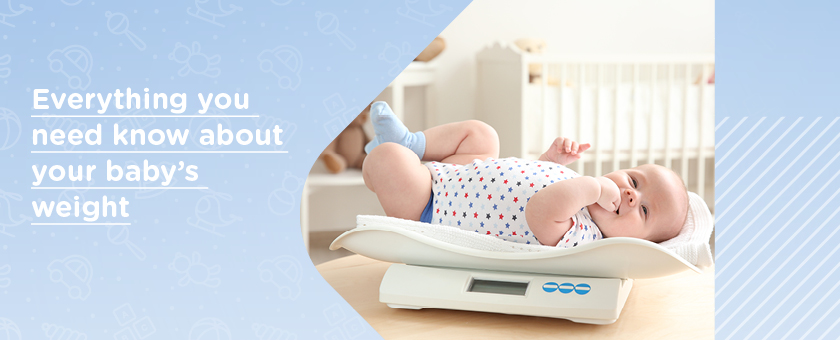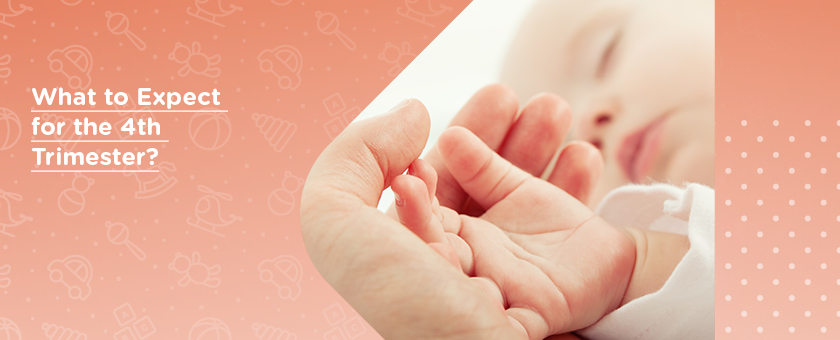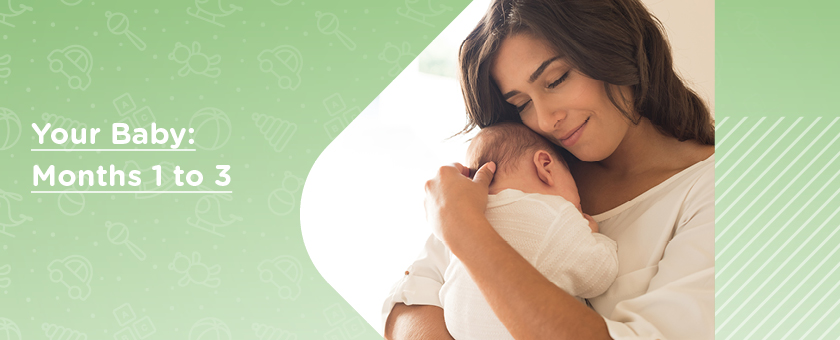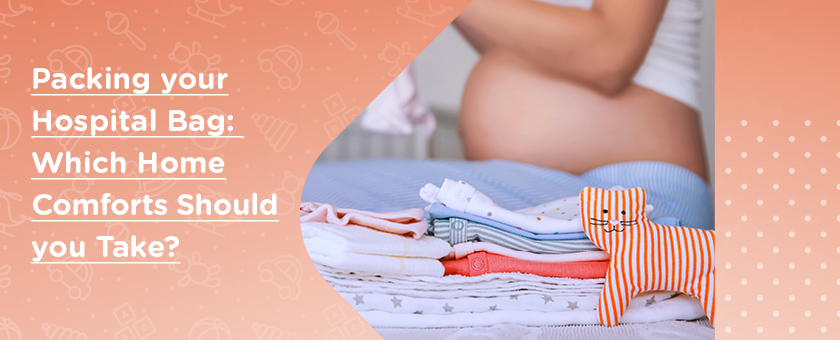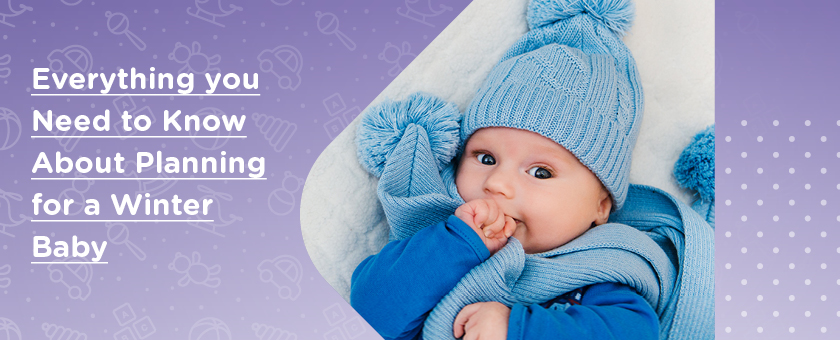Whilst the journey of parenthood will undoubtedly hold many surprises, you probably expected to have a lot on your plate when it comes to your little one’s sleeping habits. It’s a topic on which everyone seems to have an opinion – our own parents, friends and even strangers.
We can be overwhelmed with so much baby sleeping advice that sometimes it becomes hard to separate fact from fiction. There are a lot of myths out there that brand certain baby sleeping habits as abnormal when they’re perfectly natural and normal.
So, to make every second of your babe’s snoozing count, we will put to rest some common baby sleep myths and a few sleeping tips of our own. Before you know it – you’ll be getting some well-deserved shut-eye as well as peace of mind that your bub’s sleeping habits are far from unusual.
How much should a baby sleep?
Before delving into the myths, let’s talk about how much sleep babies actually need and at what stage. Just like us, little ones sleeping patterns tend to vary. From birth, some babes will need more or less sleep than others. Below, we’ll break down the average amount of sleep babies need over the period of a day according to the NHS (including daytime naps):
Newborns
Most teeny tinies spend more of their time snoozing than being awake. Their total daily sleep will differ, but it can be anything from 8 hours to 16/18 hours. Little ones will, of course, wake up during the night because they’ll need to be fed. As well as this, being too hot or too cold can also spoil their peaceful slumber, and often they wake to look for comfort from their parents.
3-6 months old
As your cherub grows, they won’t need as many night feeds and will be able to snooze away for longer. Some little ones will be able to sleep for 8 hours or longer at night – but it’s important to remember that this doesn’t apply to all. By 4 months old, your baby spends around twice as long sleeping at night as they do throughout the day.
6-12 months old
Good news for parents – shut-eye may be around the corner for you now! For bubs between 6 to 12 months old, night feeds may no longer be needed, and some will sleep for up to 12 hours at night. Although, be wary that at this point, teething discomfort or hunger may wake some little ones during the night.
12 months+
You can expect your sweetheart to snooze for around about 12 to 15 hours once their first birthday passes.
It’s important to remember that your sweetheart will experience developmental changes during this time which can cause sleep regression. Whilst it doesn’t happen at exact ages, typically, they can occur around about 4 months, 9 months and 18 months old. If you want to get clued up on everything there is to know about sleep regression, you can read our blog, where we cover everything you need to know about sleep regression.
Myth #1: You have to be quiet when your baby is sleeping
It’s true that little ones tend to have a lighter sleep during naptime compared to at night. However, tiptoeing when your baby is sleeping may not be needed. Your cherub’s first home was actually pitch black and super noisy. They will have experienced all sorts of noises in the womb, and many of those can be just as comforting now.
In fact, white noise or soothing music can sometimes help lull your little one into a peaceful slumber. The more your bub gets used to the common sounds around your house, the more likely they will sleep through them. However, our experts advise keeping tabs on whether your baby becomes too reliant on a sound device. This is because it could stop them from becoming familiar with everyday sounds.
Myth #2: Weaning early means your baby will sleep better
This is a big no! Weaning early doesn’t equate to your little one sleeping better. The guideline is to begin weaning when your baby is around six months old unless a paediatrician/dietician recommends differently. For example, babies with reflux are normally advised to be weaned earlier. However, in normal circumstances, if your bub isn’t sleeping well or often wakes during the night – weaning early isn’t a good solution and shouldn’t be a factor in deciding when you should wean your baby.
Myth #3: Sleeping less during the day will mean your baby will sleep better at night
How many times have you heard this? From friends to mothers in laws – this is a common one we’ve seen be advised to parents. However, it’s very bad advice, and we recommend steering clear of it. The truth of the matter is if your little one sleeps less during the day, it’ll only make them overtired. Whilst they’ll fall into a deep sleep during the first part of the night, this will then be followed by more frequent night waking.
A little one that’s not getting enough sleep during the day can also take longer to doze off at bedtime as they’ll be overstimulated. Your bub will be wide awake for lengthier periods during the night as they struggle to get back to snoozing. No one wants an overtired or grumpy baby on their hands, so make sure they’re well-rested during the day.
When your baby reaches toddlerhood, this is when it’s an acceptable time to reduce their daytime nap to encourage them to sleep better at night, particularly if they’re daytime nap warriors. But, for babies, allow them to sleep during the day when they need to because they need far more sleep than toddlers do.
Myth #4: Letting your baby cry out is always a bad thing
There’s nothing worse than hearing your sweet angel crying. As parents, we naturally want to respond quickly to soothe our babe’s weeping. Therefore, we understand that sleep-training methods where a baby is left alone to cry may seem unbearable.
However, you need to remember that it’s virtually impossible to teach your little one to sleep through the night without a few tears shed here and there. It’s natural – changing your baby’s sleeping habits will likely cause them to get frustrated and start crying.
The good news is that the “cry it out” sleep-training method is considered by many to have no long-lasting negative effects. As your bub gets older, it’s important they learn the essential life skills of self-soothing and falling asleep on their own. If you’re uncomfortable with this, try not to jump to their aid with every little weep, as sometimes they will self-soothe and go back to sleep.
Myth #5: Adding cereal to a baby’s bedtime bottle to help them sleep through the night
Filling your little one’s bedtime bottle with additional calories may keep their belly full until sunrise; however, that won’t do them any good or their sleep. A good way to think about it is this: how would you feel going to bed after a hefty meal? Of course, you’ll feel full, but at the same time, your body ends up working harder to digest.
This fires up your metabolism, making it harder to doze off and stay asleep. The same applies to your cherub. Giving your baby more food to process right before bedtime won’t help them to sleep; it’ll do the opposite and disturb their slumber. If you want some peace and quiet, trust us, you won’t want to do this!
Myth #6: You should never wake a sleeping baby
Little ones always look so peaceful when they’re snoozing, so why would you ever want to disrupt that? Well, for several reasons, however, the most important one is that babies (especially if they’re newborns) need to eat and gain weight. You may also want to cut naptime short if your little one’s night slumbers are inconsistent and disrupted.
The key thing to remember here is that what makes your bub cranky has more to do with how you disturb their sleep than the disturbance itself. As adults, waking up on your own accord is the best way, and babies are the same.
Therefore, we want their teeny tiny bodies to naturally wake up – or at least trick them into thinking they do. We recommend doing this by using the space and environmental signals around you. For example, open the blinds to let the light stream in, or gently remove their sock to boost your babe’s body temperature. If your find your little one is still snoozing away after that, take their barefoot and give it a little light tickle.
Myth #7: You can sleep train your baby as soon as they’re born
Little ones are too biologically immature to be sleep-trained straight after birth. We recommend teaching your bub to begin sleeping through the night at around 4 months old. Before that, a sleeping pattern or schedule will be pretty much non-existent.
Therefore, until then, your only goal should be to love, snuggle and bond with your bundle of joy. The dependence formed with each other in those first few special months will allow you to help guide your little one to snooze all night long later down the line.
Top tips on getting your baby to sleep and stay asleep
As we’ve said, there’s so much advice on getting your baby to sleep out there that it’s hard to know what to do. This section gives a simple breakdown of tried and tested advice that works with our top 10 tips. But not all of it will work for you, and that’s fine. Take what you need from it and leave the rest.
- Have a good, consistent bedtime routine
- Try the 5 Bs of bedtime, bath, book, bedtime songs, bottle
- Regular naps during the day at the same time for the same length (when they get older)
- Connection before bedtime is everything, so shower your baby with love and cuddles
- Sensory input, such as white noise or dimmed lights
- Or try no sensory input and put them to bed in a quiet, dark room
- Create a comfortable environment
- Know your baby’s cues
- Create a safe sleep routine by placing them on their back with their feet at the bottom of the crib
- Use a sleeping bag or swaddle to keep them wrapped up and warm
With all the information out there with regard to your little one’s sleep and the expectations placed on new mums and dads, it can feel like a complete minefield. However, after reading these baby sleep myths and some of our expert advice, we hope you feel reassured and more aware of the fibs floating around regarding your cherub’s snoozing habits and know that you can take the advice that feels right to you and leave what doesn’t.
The truth is that every baby and family is different, and what works for some may not work so well for others – but remember, that’s ok! Whilst there may not be a magic quick fix or one-size-fits-all approach, you will find the perfect solution for your babe in the end.

